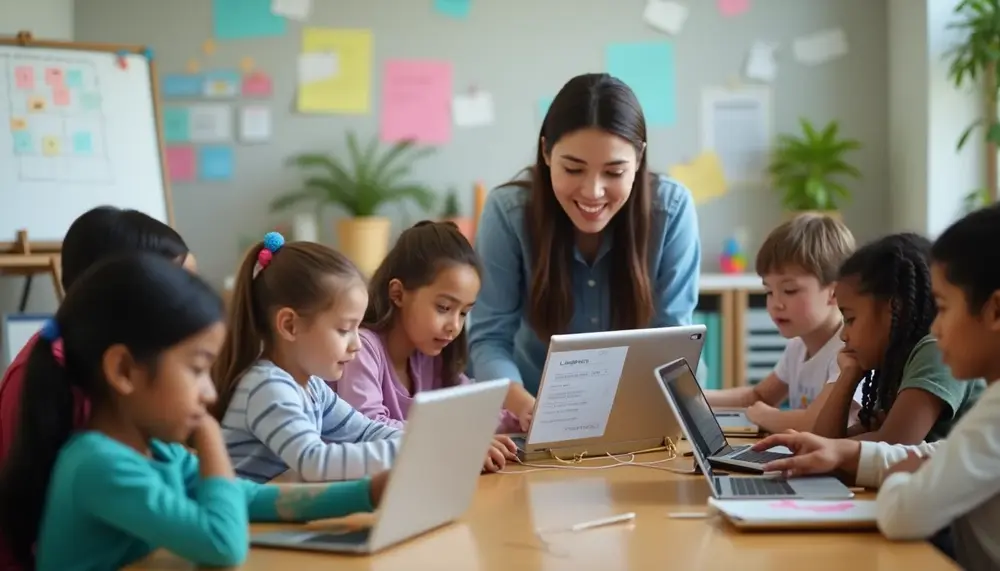Table of Contents:
Georgia House Advocates Blockchain Education in Schools
The Georgia House of Representatives has taken a significant step towards integrating blockchain and Web3 education into the K-12 curriculum. Through House Resolution 905, lawmakers aim to launch a public awareness campaign to educate students about blockchain, cryptocurrency, and decentralized technologies. This initiative, led by Democratic Representative Park Cannon from District 58, does not mandate curriculum changes but emphasizes the importance of digital literacy in preparing students for a rapidly evolving digital economy.
Supporters of the resolution argue that understanding blockchain technology is crucial as it continues to reshape industries such as finance and digital art. By introducing these concepts early, students could be inspired to pursue careers in fintech, cybersecurity, or Web3 development. The resolution also highlights the real-world applications of Bitcoin and NFTs, showcasing their potential to revolutionize commerce and creative industries.
"Ignoring blockchain today is like ignoring the internet in the ’90s," tech advocates assert, emphasizing the urgency of this educational shift.
- House Resolution 905 promotes blockchain education in K-12 schools.
- Focus on real-world applications like Bitcoin and NFTs.
- Aims to enhance digital literacy and prepare students for future careers.
Web3 and NFTs: The Future of Digital Interaction
The resolution also sheds light on Web3, the next generation of internet infrastructure that prioritizes decentralization and user control. Unlike the current internet dominated by centralized platforms, Web3 leverages blockchain-based identities and applications to empower users. This shift introduces new ownership models, allowing users to directly benefit from the platforms they engage with.
Additionally, the rise of non-fungible tokens (NFTs) has transformed the art world by enabling creators to monetize their work more effectively. Platforms like OpenSea allow artists to earn royalties each time their digital assets are resold. Beyond art, NFTs are being explored in industries such as music, gaming, and real estate for authentication and ownership purposes.
- Web3 aims to decentralize internet infrastructure and enhance user control.
- NFTs revolutionize digital ownership and monetization across various industries.
- Examples include platforms like OpenSea and decentralized exchanges like Uniswap.
Early Blockchain Education: Opportunities and Challenges
Georgia’s initiative to introduce blockchain education at the K-12 level is seen as a forward-thinking move. By engaging students with blockchain concepts early, the resolution aims to foster innovation and critical thinking. Schools could implement hands-on projects and simulations to provide practical experience with the technology. Public-private partnerships are expected to play a crucial role in providing the necessary resources and expertise for this educational shift.
However, critics express concerns that early exposure to blockchain might glamorize speculative investments or detract from core academic subjects. Georgia lawmakers counter these concerns by emphasizing that the focus is on understanding the technology rather than promoting investment strategies.
- Early blockchain education could inspire innovation and critical thinking.
- Public-private partnerships may support resource allocation for schools.
- Critics worry about potential distractions from core subjects.
Georgia’s Leadership in Blockchain Education
By passing House Resolution 905, Georgia positions itself as a leader in blockchain education, potentially setting a precedent for other states. Similar initiatives have been observed in Florida, Texas, New York, and California, where schools are experimenting with blockchain-based student IDs and crypto coding clubs. This movement reflects a broader national effort to prepare the next generation for a Web3-driven future.
As the digital economy continues to expand, Georgia’s proactive approach could bridge the digital divide and empower students to become creators rather than mere consumers in the digital world. The resolution underscores the importance of integrating digital innovation into education, placing it on par with traditional subjects like math and science.
- Georgia’s resolution could inspire similar initiatives nationwide.
- Focus on bridging the digital divide and fostering innovation.
- Positions blockchain education as essential for future readiness.
Source: CryptoNinjas
Sources:















